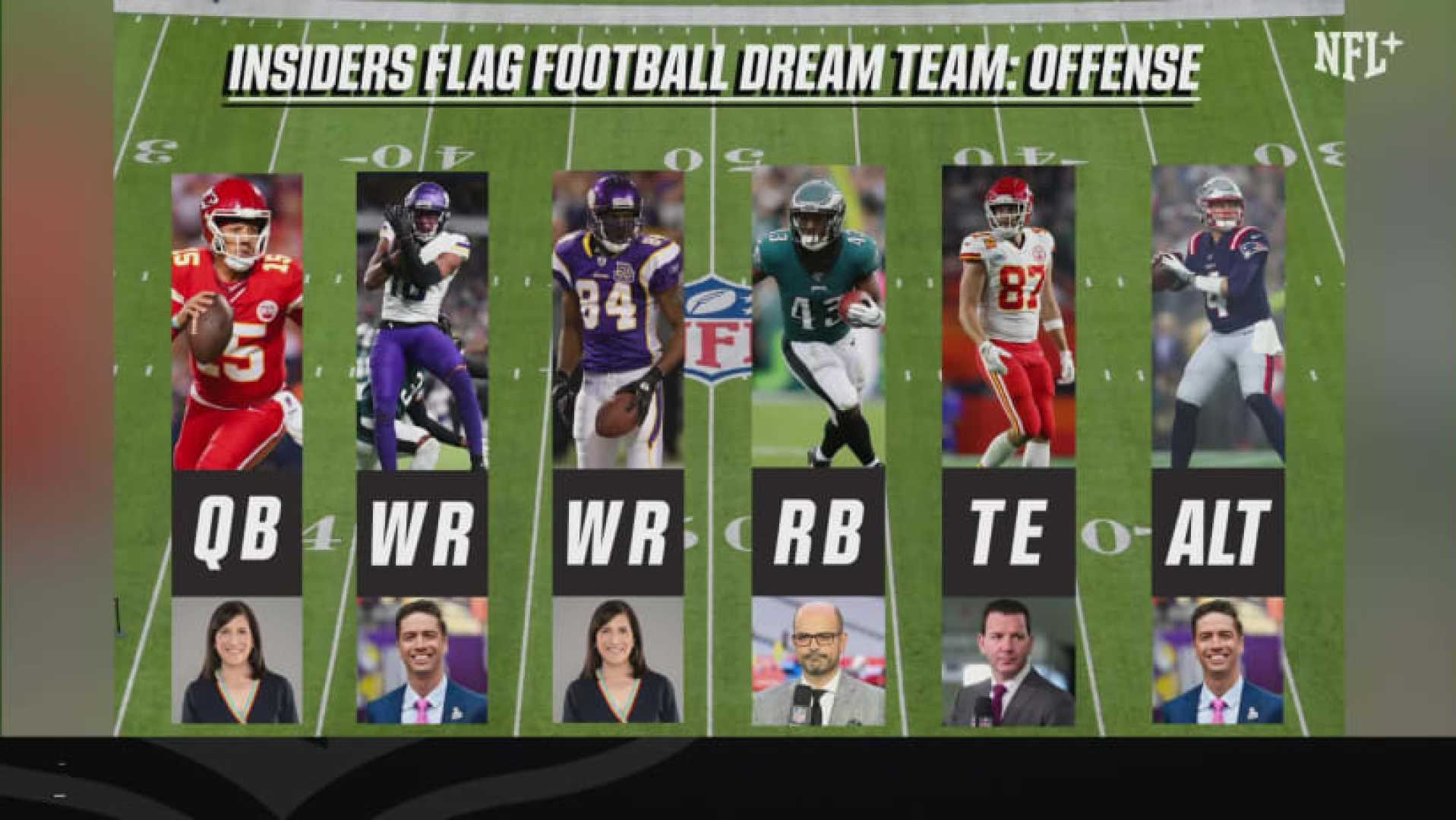Sports
Critics Question NFL Players’ Suitability for Olympic Flag Football Team

NEW YORK, NY — As the 2028 Summer Olympics approach, discussions around the potential inclusion of NFL players in flag football have sparked mixed reactions. Critics argue that competing in flag football could require different skills compared to traditional NFL play.
Recently, the NFL owners voted to approve flag football’s status in the Olympics, leading to speculation about which players might represent the United States. While there’s excitement around assembling a star-studded roster, the challenge lies in understanding that flag football is distinct from the NFL game.
“Flag football demands a different skill set,” said Darrell Doucette, a prominent flag football quarterback who represented the U.S. at the IFAF World Championships. Doucette expressed his belief that due to the rules and gameplay nuances, he sees himself as potentially more valuable in this context than star NFL quarterbacks like Patrick Mahomes.
In a recent international competition, the U.S. flag football team defeated Austria decisively. The American team’s dynamic style turned out to be more advantageous than Austria’s traditional pro-style approach. As the Olympics start on July 14, 2028, the challenge remains clear: NFL players, accustomed to their grueling season, will need to adapt quickly to flag football.
The potential roster raises questions about logistics and performance after a demanding NFL season. Players such as Lamar Jackson and Mahomes might face challenges transitioning to flag football rules, which complicates the idea of simply choosing the most recognizable athletes.
Some analysts suggest that the best candidates for an Olympic flag football team might include players with dual skills, such as Amon-Ra St. Brown and Justin Jefferson, who could successfully adapt to flag football’s unique demands. It’s essential to consider athletes with experience in flag football rather than solely relying on NFL star power.
The NFL’s involvement could lead to a clash between marketing interests and building a competitive team. The potential challenge is creating a squad that honors the sport’s needs rather than simply stocking it with famous players. As preparations for the Olympics unfold, it remains to be seen whether the NFL will influence the selection process effectively or whether hubris will hinder the pursuit of Olympic success.
This situation echoes past events from different sports, cautioning that a well-coached team specific to flag football might outperform a lineup made up solely of big names. The path ahead involves significant decisions related to player selection and coaching strategies that must prioritize winning a gold medal at the Olympics.












